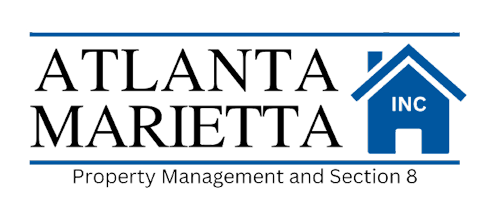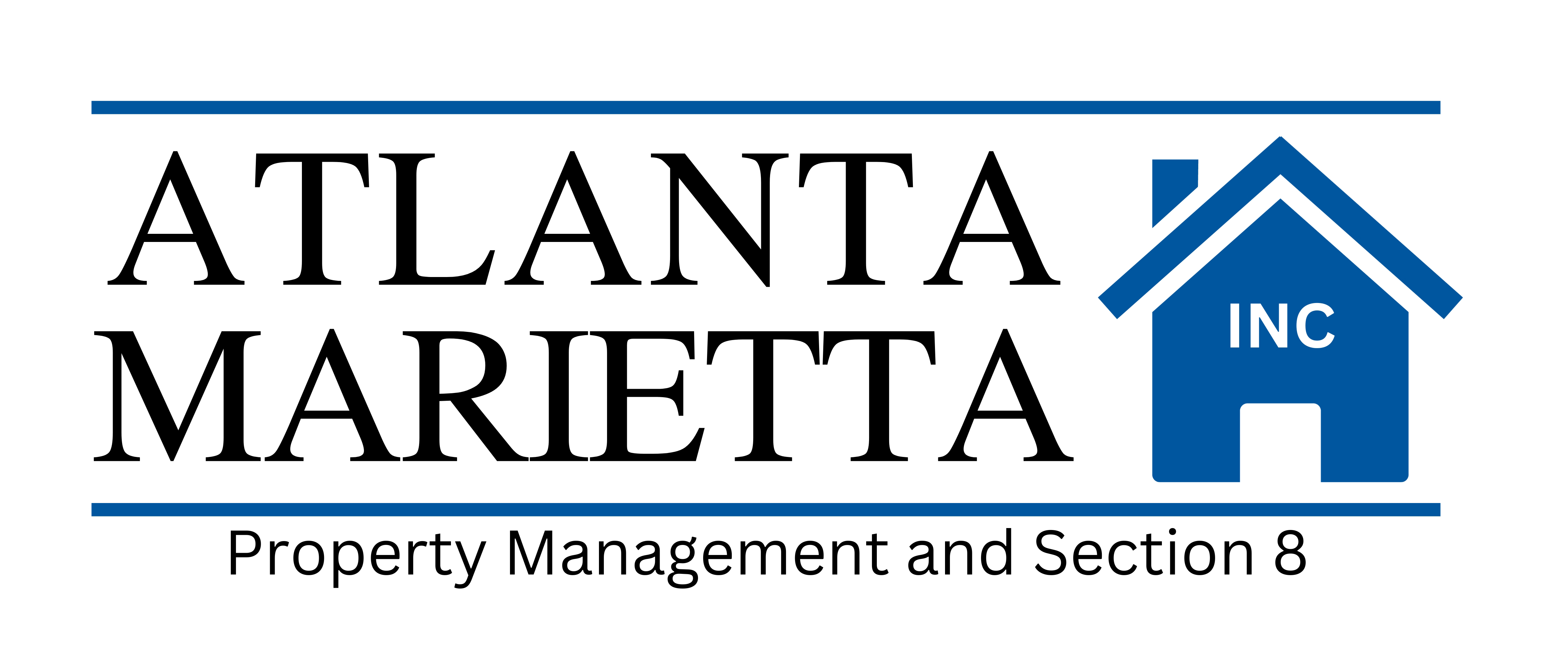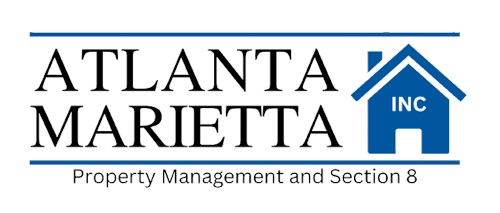
When marketing a rental property, one of the most important questions is: should you allow pets? Many landlords worry about potential damage or liability and default to a strict “no-pets policy.” While that may feel like the safe route, the truth is that banning pets can significantly reduce demand, extend vacancies, and ultimately lower your rental income—especially in competitive markets like metro Atlanta.
How a No-Pets Policy Affects Rental Demand
Across the U.S., 65–75% of renters own a pet, according to housing industry research. By saying “no pets,” you’re automatically excluding the majority of qualified applicants.
This can lead to:
- Fewer showings and applications – narrowing your renter pool.
- Longer vacancy times – homes with no-pet restrictions often stay on the market 15–30% longer.
- Reduced competitiveness – many Atlanta-area rentals already advertise as “pet-friendly,” giving them a clear edge.
For owners, every additional month a property sits empty means lost rent that can quickly outweigh the risks of allowing small, well-managed pets.
The Financial Benefits of Allowing Pets
While concerns about scratches or carpet cleaning are valid, the numbers often work in your favor when you allow pets.
- Pet Rent: Landlords typically charge $25–$50 per month per pet, adding up to $300–$600+ annually.
- Pet Fees or Deposits: A one-time fee (refundable or non-refundable) provides a financial cushion against minor damage.
- Faster Leasing: Reducing vacancy time often saves thousands—far more than potential pet-related repairs.
When you combine pet rent with lower vacancy costs, pet-friendly rentals can generate more consistent cash flow and higher overall returns.
How to Reduce Risk While Allowing Pets
Allowing pets doesn’t mean opening the door without limits. Smart policies can protect your property while keeping it attractive to renters:
- Weight Limits: Allow pets under 25–30 lbs.
- Limit Numbers: Restrict to one pet per household.
- Pet Rent & Fees: Build in extra income to offset wear and tear.
- Exclusions: Restrict exotic pets or specific dog breeds if needed.
These measures give owners peace of mind while keeping properties competitive in the rental market.
Why Pet-Friendly Rentals Win in the Atlanta Market
For Atlanta landlords, allowing pets can mean:
- A larger pool of qualified renters.
- More stable tenants—pet owners often move less frequently.
- Higher income from pet rent and fees.
- Fewer costly vacancies.
In short, pet-friendly rentals aren’t just good for tenants—they’re good for owners too.
Final Thoughts
A strict no-pets policy may seem safe, but it can cost you thousands in lost rent and extended vacancies. By allowing pets under clear guidelines, you open your property to more renters, keep units filled, and often increase profitability.
At Atlanta Marietta Property Management, we help property owners make smart decisions that protect their investments while maximizing returns. If you’re deciding whether to allow pets in your rental property, our team can guide you through the options and set up policies that work for you.
📞 Call us today at 404-692-3543 or visit AtlantaMarietta.com to learn more about our full-service property management in Atlanta.












